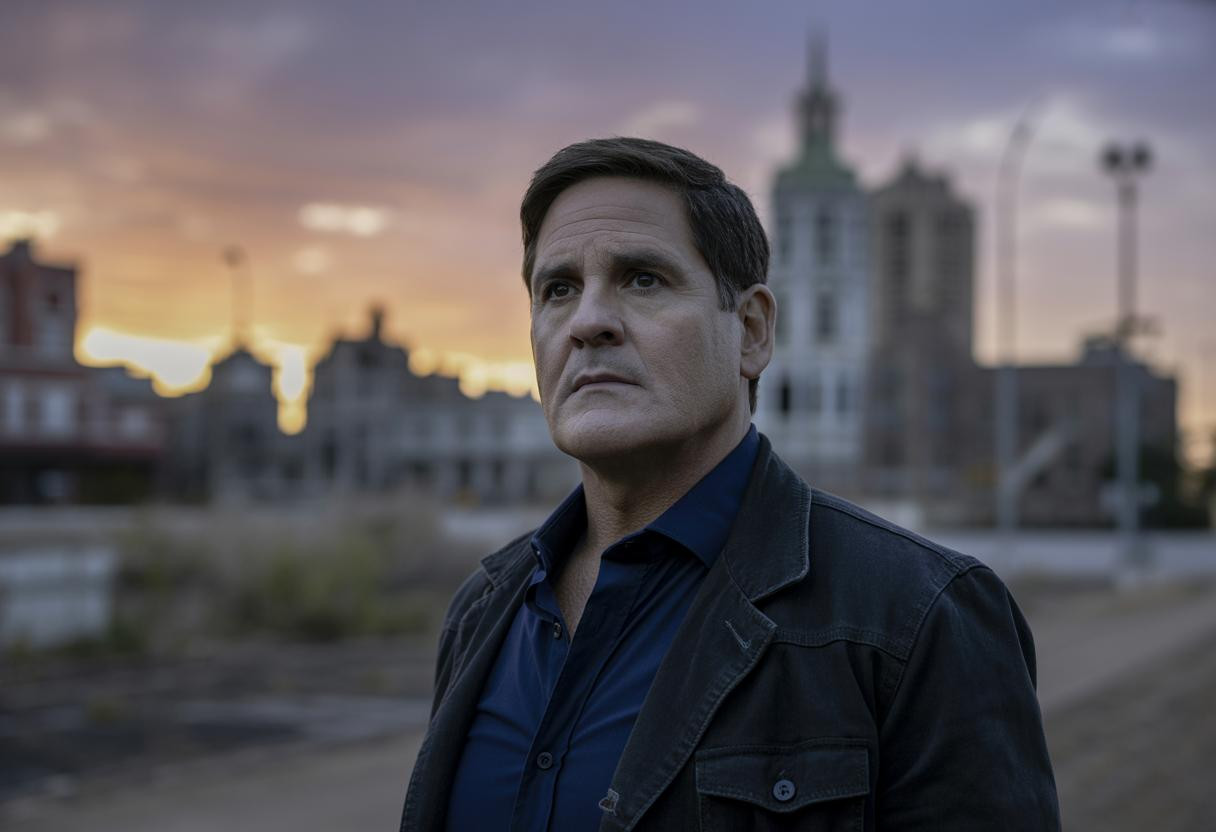When Mark Cuban bought the entire ghost town of Mustang, Texas for $2 million in 2021, he wasn’t making a typical billionaire investment—he was helping a cancer-stricken friend liquidate their only asset. What happened next reveals fascinating insights about rural property speculation, failed development dreams, and the reality of owning America’s most notorious abandoned towns.
The $2 million gamble on America’s most troubled ghost town
Mustang, Texas sits 77 acres strong, about an hour from Dallas, with a dark reputation built around its former strip club—the Mustang Club. The property had been listed at $4 million since 2017 with zero buyers, largely due to its history of violence, drugs, and legal troubles that culminated in the early 2000s.
Cuban’s purchase price represented a 50% discount from the original asking price, typical for distressed rural properties with problematic histories. The town’s proximity to Dallas initially suggested land banking potential, but its isolation and negative reputation created unique challenges rarely seen in traditional real estate investments.
What makes this case particularly intriguing is Cuban’s complete lack of strategic planning—he’s never even visited the property he owns.
From dinosaur dreams to demolition reality
The failed theme park vision
Initially, Cuban explored transforming Mustang into “Dinosaur, Texas,” featuring life-size animatronic dinosaurs through his connection with Dino Don, Inc. from Shark Tank. The concept promised to convert the town’s seedy past into family-friendly entertainment.
However, this ambitious plan crashed against harsh rural development realities. Remote locations struggle to attract consistent tourism, and the infrastructure costs—utilities, roads, permits—exceeded any realistic return on investment. By 2022, Cuban officially abandoned the dinosaur concept.
Current status and cleanup efforts
As of 2025, Mustang remains largely empty. Cuban’s only concrete action has been demolishing the infamous strip club building, which he described as “cleaning up” rather than preparing for development. This mirrors successful transformations elsewhere, such as successful small town economic transformations that began with removing problematic structures.
What this reveals about celebrity rural investments
Cuban’s Mustang experiment highlights a counterintuitive truth: good intentions don’t guarantee successful rural revitalization. Unlike ghost towns that generate revenue despite having no residents, Mustang lacks the strategic location or unique assets that create passive income streams.
The carrying costs alone—taxes, legal liabilities, maintenance—create ongoing financial drains without corresponding benefits. Cuban’s hands-off approach contrasts sharply with successful rural transformations that require intensive community engagement and long-term commitment.
Lessons for rural property investors
Location assessment is critical
Mustang’s isolation works against it, unlike small rural towns with unique governance structures that leverage their remote status as advantages. Proximity to urban centers means nothing without accessible infrastructure.
Reputation rehabilitation takes time
Properties with negative histories require sustained effort to overcome community resistance. Cuban’s cleanup efforts represent a first step, but meaningful transformation demands consistent presence and investment—something he’s avoided.
Development requires community partnerships
Successful rural revitalization typically involves local government cooperation, community buy-in, and regional economic development strategies. Cuban’s solo approach, while well-intentioned, lacks these essential elements.
The unexpected future of celebrity ghost towns
Cuban’s Mustang ownership will likely end in one of three ways: continued stagnation, eventual resale to serious developers, or surprise transformation driven by Dallas urban sprawl. The most probable outcome? Indefinite ownership of a cleaned-up but undeveloped property—a $2 million lesson in the complexities of rural real estate speculation, even for billionaires with the best intentions.
